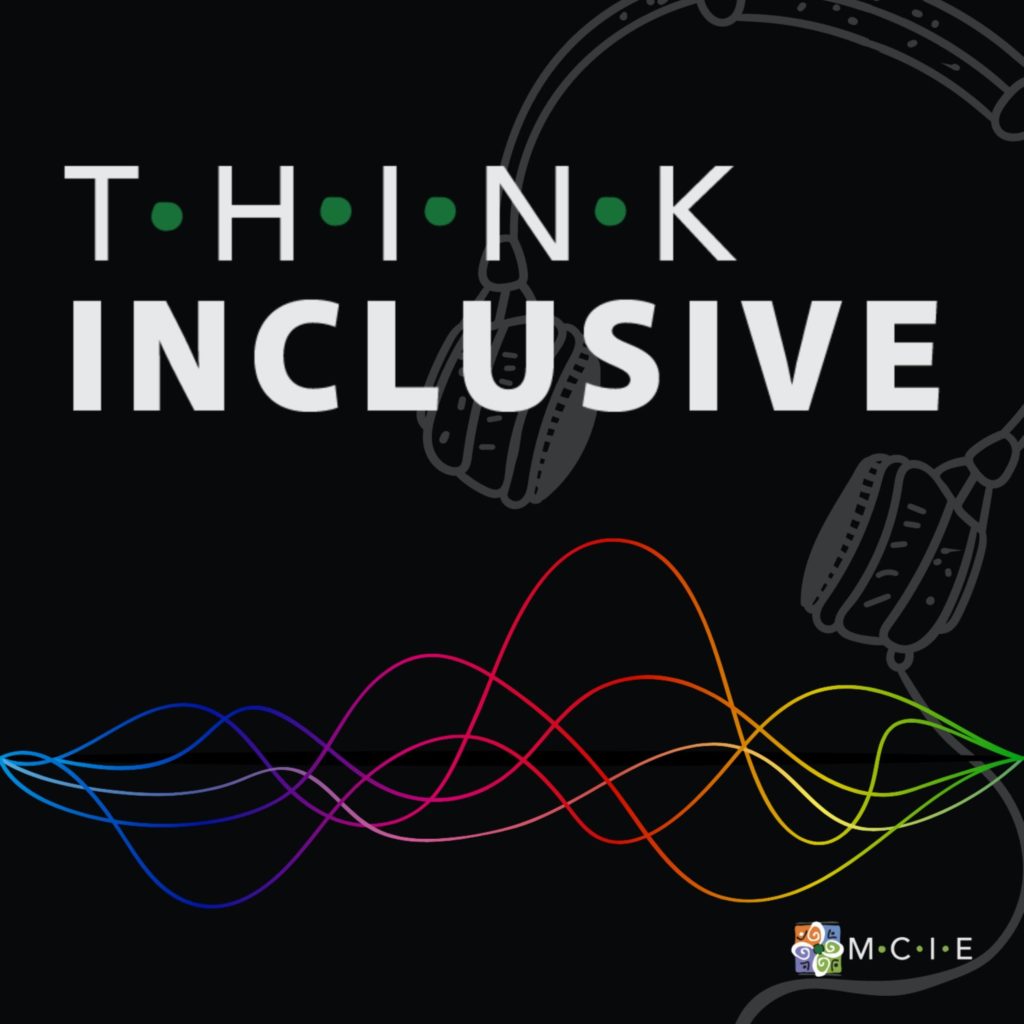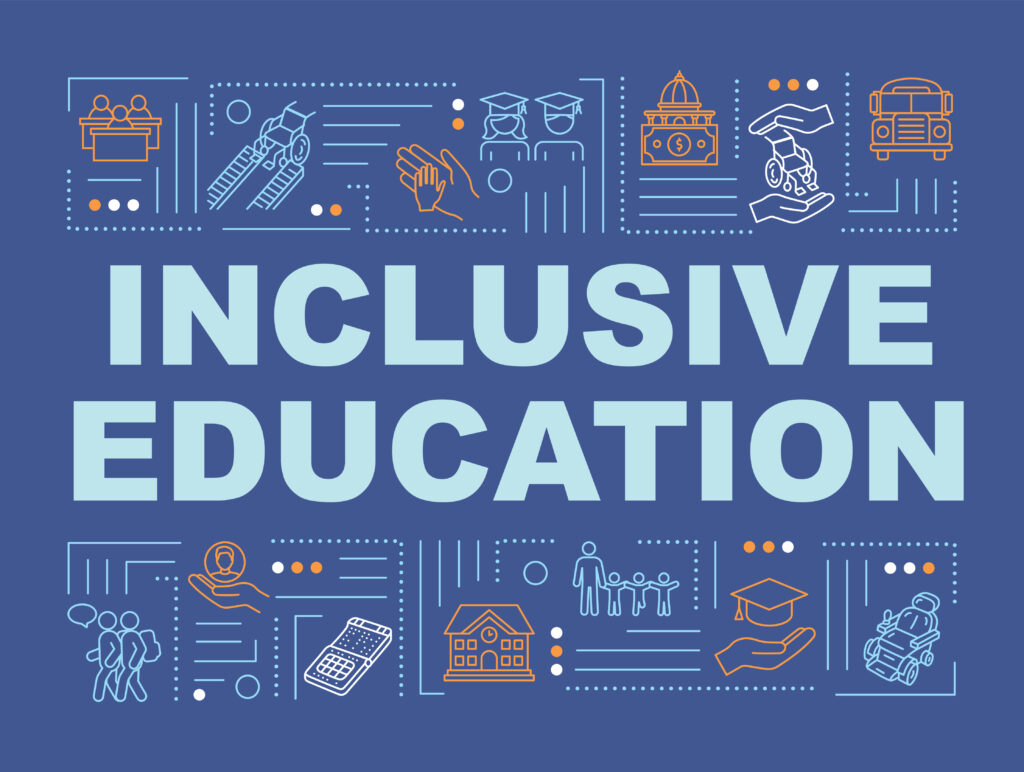Ira Eidle | Autistic Archive
For the last thirty years, there has been a movement going on. One you may not know a lot about or the origins of. It’s the Neurodiversity movement and our guest Ira Eidle wants to share with you what he’s learned about it. Ira is the curator of Autistic Archive, a collection of video lessons […]
Sally and Regina: A Fable of Two Twins and Their Different Educational Journeys
One of the great storytellers in disability advocacy was Lou Brown, co-founder of TASH, who passed away a little over a year ago. And so today, on Tell A Story Day, I wanted to share one of Lou’s fables that he gave me permission to update and share. The story of Sally and Regina, the […]
Haley Moss | Autistic Independence
What does autistic independence look like? In today’s episode, we interview Haley Moss (autistic attorney, author, and advocate) about her book, The Young Autistic Adult’s Independence Handbook. Haley shares with us the main message she wants to get across to autistic individuals who are seeking independence, alternatives to guardianship, and strategies for educators to foster […]
7 Myths About Inclusive Education
This blog post contains content created and published by the Washington Office of Superintendent of Public Instruction, the TIES Center, and the University of Washington Haring Center for Inclusive Education. It is being shared with permission. Click here to access the full, original resource. Despite decades of research that prove inclusive education benefits all students, […]
Lisa Drennan | Inclusive Recreation
In today’s episode, we interview Lisa Drennan, inclusion expert and founder of Merge Consulting. We discuss how families of children with disabilities can advocate joining community recreation groups like the YMCA or even a local summer camp. And that the strategies for advocating for change in recreation spaces are not that different from what we […]
Creating Cultures of Belonging in Education and Beyond with Alida Miranda-Wolff
Show Notes About the Guest(s): Alida Miranda-Wolff is the CEO and founder of Ethos, a consultancy firm specializing in Diversity, Equity, Inclusion, and Belonging (DEIB) transformation. She is notable for her book, “Cultures of Belonging: Building Inclusive Organizations that Last,” which explores strategies for fostering inclusive environments. Alida’s background spans higher education at the University […]
What Inclusionists Need To Know About the Anti-CRT Movement
Show Notes What is Critical Race Theory and what do advocates for inclusive education need to know about the Anti-CRT movement? For this super-sized episode, we share the story of an inclusive Maryland principal who was pushed out of taking a job as a Diversity, Equity, and Inclusion Director in Cherokee County, Georgia. A devastating […]
Diana Pastora Carson | Beyond Awareness
Diana Pastora Carson is the host of the Beyond Awareness Podcast. Her TedTalk, “Walking with Joaquin,” chronicles her family’s journey to bring home her brother after living in an institution for 15 years. She joins us on Think Inclusive to talk about her journey as an educator who advocated for inclusive education, what it’s like […]
Greta Harrison | Born Fabulous Podcast
Today on the podcast, we welcome Greta Harrison, the host of the Born Fabulous Podcast. We talk about the reason for starting “Born Fabulous,” why hope should be an essential characteristic of an educator, and the goal of inclusion is always life in the community. This episode’s transcript can be found here. Take our podcast […]
The Intersection of Race and Disability | Pop Up Podcast @ #CEC2022
Happy Friday Inclusionists! Today we have a special pop-up podcast interview with some folks I met at the CEC Conference in Orlando this week. They presented a session called, “The Intersection of Race and Disability: Where Do We Go from Here?” I think it is an important reminder for us that inclusion and equity […]



